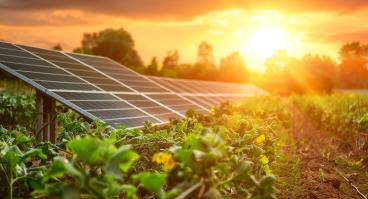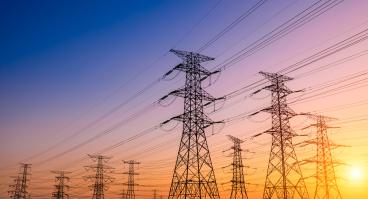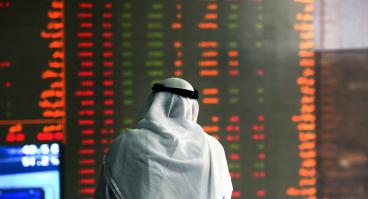The United Nations estimates that the world’s population will grow to 10 billion people by the mid-21st century. Urban centers will be disproportionately affected by this growth, as half of today’s seven billion people already reside in cities.
Some of the fastest urban growth is taking place in the developing world. Urbanization catalyzed China's extraordinary economic growth and rapid industrialization over the past 30 years. Yet the rapid expansion also yielded severe congestion and air pollution and accelerated the effects of global warming and climate change as the demand for energy, water and infrastructure integration increased.
Smart green cities have been proposed as a promising strategy to provide and support basic integrated infrastructures. Cities throughout Israel, China, Germany and some areas of the United States have successfully implemented “sustainability” plans. These strategies provide quantifiable standards that allow governments to evaluate their results each year. Featured speaker Woodrow W. Clark II discussed his work on smart green communities and how such efforts can help mitigate the effects of climate change and global warming.
This event was co-sponsored by Rice University's Baker Institute Center for Energy Studies, Center for Energy & Environmental Research in the Human Sciences and Kinder Institute for Urban Research.
Join the conversation online with #BakerGreenCities.
rtmp://flstream.rice.edu/live/live-1.mp4
Featured Speaker
Woodrow W. Clark II, Ph.D.
Co-recipient, 2007 Nobel Peace Prize; Founder, Clark Strategic Partners
Woodrow W. Clark II, Ph.D., is an internationally recognized and respected expert, author, lecturer, public speaker and consultant on global and local solutions to climate change. His core advocacy is in the economics for smart green communities. His current work uses public policy, science and technology, economics and finance methods to generate responses to climate change from governments and businesses.
During the 1990s, he was the manager of strategic planning for technology transfer at Lawrence Livermore National Laboratory (LLNL) with the University of California and the U.S. Department of Energy. While at LLNL, he served as one of the contributing scientists and experts for the United Nations Intergovernmental Panel on Climate Change, which was awarded the 2007 Nobel Peace Prize. From 1999 to 2000, he was a visiting professor of science, technology and entrepreneurship at Aalborg University in Denmark, where he previously was a Fulbright fellow in 1994. From 2000 to 2003, Clark served as an advisor on renewable energy, emerging technologies and finance to former California Gov. Gray Davis.
In 2004, he founded Clark Strategic Partners (CSP), a global environmental and renewable energy consulting firm he continues to manage. From 2012 to 2015, he lectured at the Polytechnic Universities in Turin and Milan, and served as an academic specialist in cross-disciplinary studies at the University of California, Los Angeles. He has also taught and lectured at the University of California at Berkeley, Davis and Riverside branches. In 2014, he founded Clark Mass Media Company, which specializes in documentaries, education and dramatic social issues. Earlier this year, Clark was appointed to the United Nations B20 Financial Growth Taskforce, and he is now on the editorial board of the Energy Review Journal (Mandarin) in Beijing.
Clark has published 11 books and more than 70 peer-reviewed articles that reflect his concern for global sustainable communities. He holds three master’s degrees from different universities in Illinois and a Ph.D. from the University of California, Berkeley.
Agenda
5:30 pm – Reception
6:00 pm – Presentation


